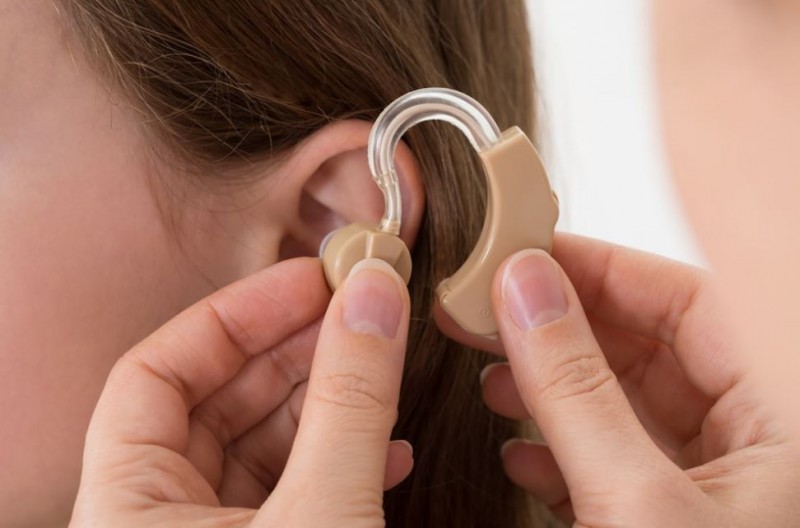
Living with hearing loss can be challenging, but hearing aids can significantly improve the quality of life for those experiencing this condition. However, hearing aids can be quite expensive, making it essential to have a budget plan before purchasing. This article will serve as your ultimate guide to navigating the world of hearing aids on a budget, helping you find the perfect device without breaking the bank.
Assess Your Needs:
Before diving into the market, assess your hearing needs. Consider the severity of your hearing loss, the environments you frequently find yourself in, and your lifestyle preferences. This will help you determine a hearing aid's necessary features and specifications without overspending on unnecessary extras.
Set a Realistic Budget:
Establishing a budget is crucial to avoid overspending. Hearing aid prices can vary widely depending on the brand, technology, and features. Determine how much you can comfortably afford, keeping in mind that this is an investment in your overall well-being.
Explore Different Types of Hearing Aids:
Hearing aids come in various styles, each with its price range. Common styles include Behind-the-Ear (BTE), In-the-Ear (ITE), In-the-Canal (ITC), and Completely-in-the-Canal (CIC). BTE models tend to be more affordable, while custom-fit options may be pricier. Understanding the trade-offs between styles will help you choose a device that suits both your hearing needs and your budget.
Consider Refurbished or Pre-Owned Hearing Aids:
If you are on a tight budget, explore the possibility of purchasing a refurbished or pre-owned hearing aid from a reputable source. Many manufacturers and audiologists offer certified refurbished devices that undergo rigorous testing and servicing to ensure they function like new ones. This option can save you a significant amount of money while still providing quality hearing assistance.
Research Insurance Coverage and Assistance Programs:
Check if your health insurance plan covers hearing aids or if any assistance programs are available in your area. Some countries or regions offer financial aid to individuals with hearing loss, making it more accessible for those on a limited budget.
Negotiate with Providers:
Don't be afraid to negotiate with hearing aid providers. Inquire about discounts, special offers, or payment plans that can help you manage the cost more effectively. Many providers understand the financial challenges faced by individuals seeking hearing aids and may be willing to work with you to find a suitable solution.
Avoid Unnecessary Add-ons:
Hearing aid manufacturers often offer optional add-ons and accessories that can increase the overall cost. While some of these may be beneficial, others may not be essential for your needs. Prioritize features that directly address your hearing loss and lifestyle requirements, and avoid spending extra on features you may seldom use.
Investing in a hearing aid doesn't have to be financially overwhelming. With careful research, realistic budgeting, and smart decision-making, you can find a hearing aid that fits both your needs and your budget. Remember that improving your hearing health is an investment in your overall well-being and quality of life, making the effort to find the right hearing aid all the more rewarding.
The Rise of Antibiotic Resistance: Addressing a Global Health Crisis
Neuromorphic Computing: Exploring Brain-Inspired Chips and Their Potential for AI Advancements
To avoid stomach infections in the monsoon, remember these things